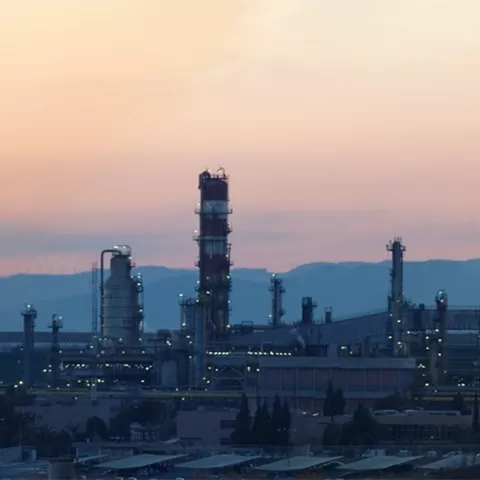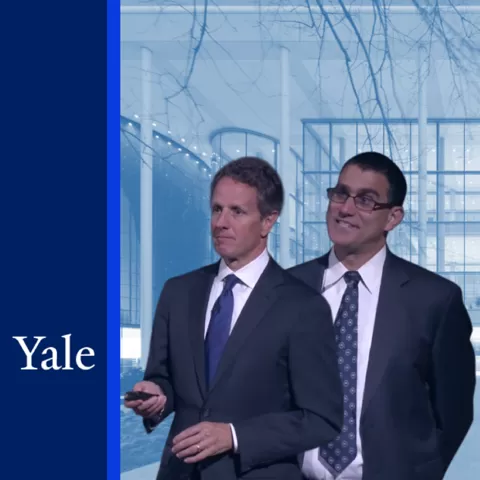Energy issues have always been important in international relations, but in recent years may have become even more important than in the past due to the widespread awareness of existing limits to energy sources and negative climate impacts. The course discusses global trends in energy consumption and production, various available scenarios for potential developments in the coming decades, the availability of oil reserves and the evolution of the oil industry. It then discusses natural gas and highlights the differences between oil and gas. It will also discuss renewable energy sources, nuclear energy and EU energy policy.
The course aims at providing students whose main interest is in international relations a background on energy resources, technology and economic realities to allow them to correctly interpret the political impact of current developments. It also aims at providing students, who already have a technical background in energy science or engineering, with the broad global view of energy issues that will allow them to better understand the social, economic and political impact of their technical knowledge.
ABOUT THE INSTRUCTOR :
Giacomo Luciani
Scientific Advisor for the Master in International Energy at the Paris School of International Affairs (PSIA) Sciences Po, Giacomo Luciani is also Adjunct Professor at the Graduate Institute of International and Development Studies, Geneva and Director of the Executive Master in International Oil and Gas Leadership. For the period 2010-13 he was appointed Princeton University Global Scholar, attached to the Woodrow Wilson School and the Department of Near Eastern Studies. His research focuses on the political economy of the Middle East and North Africa and on global energy issues.
RECOMMENDED BACKGROUND :
The course requires no special scientific, mathematical or economic background; all key concepts are clearly and elementarily explained. It is expected that it will be of interest to undergraduate and graduate students in schools where an equivalent course is not offered (this being the case for the vast majority of schools).
USPC
Sorbonne Paris Cité
Supported by Université Sorbonne Paris Cité
IDEX
Investissements d’Avenir
Funded by Investissements d’Avenir – ‘ANR.
Info :
Course content : Licence Creative Commons BY NC SA




